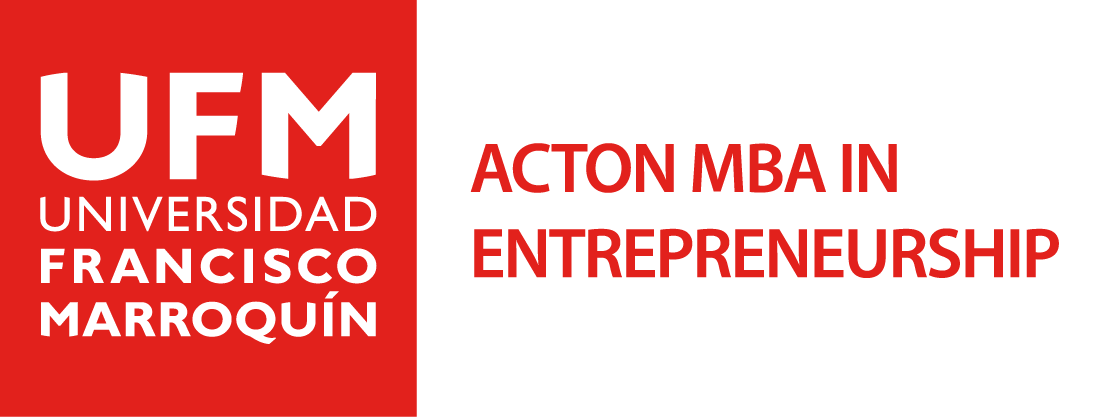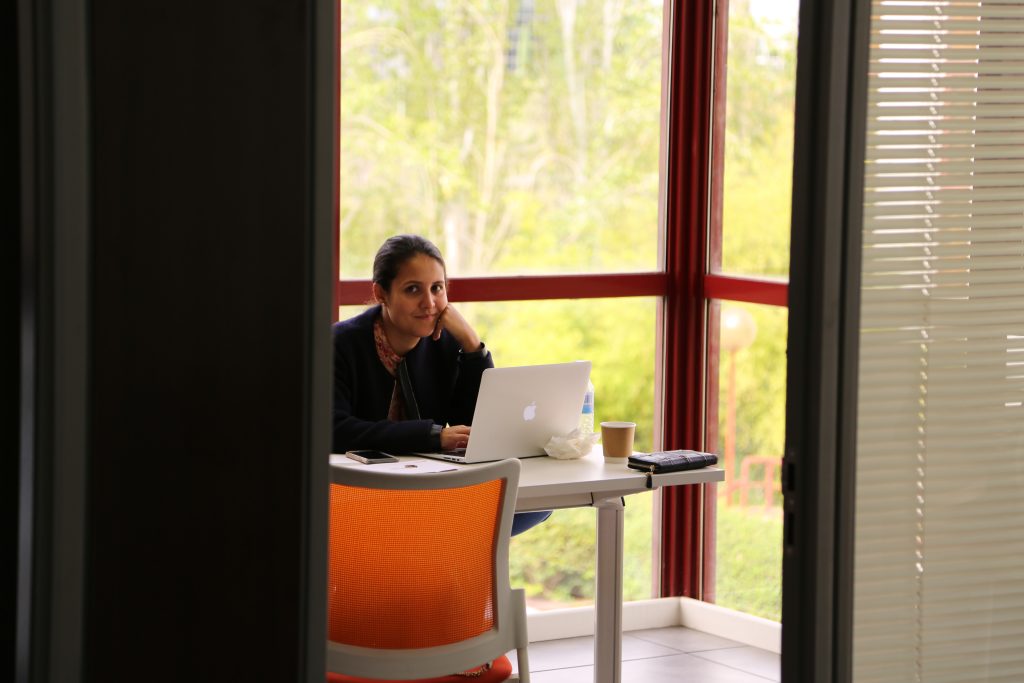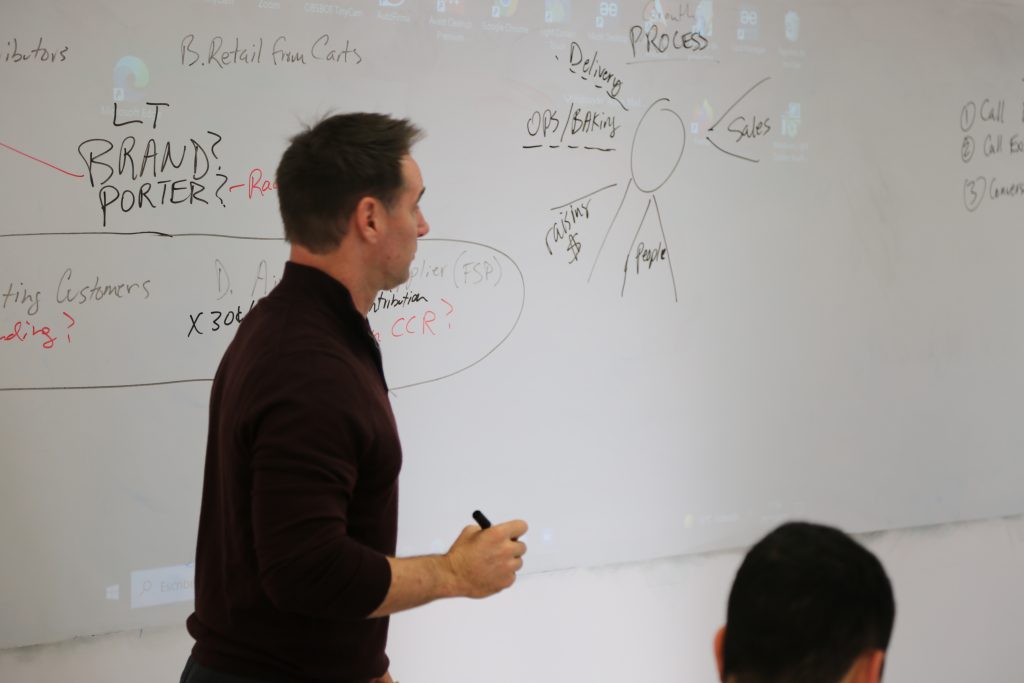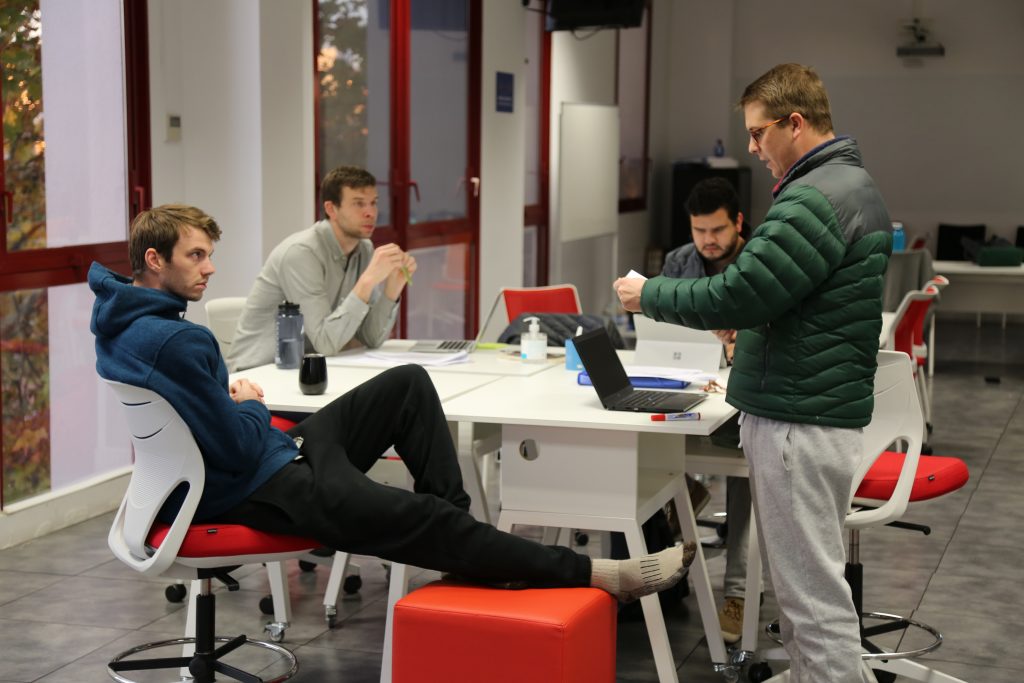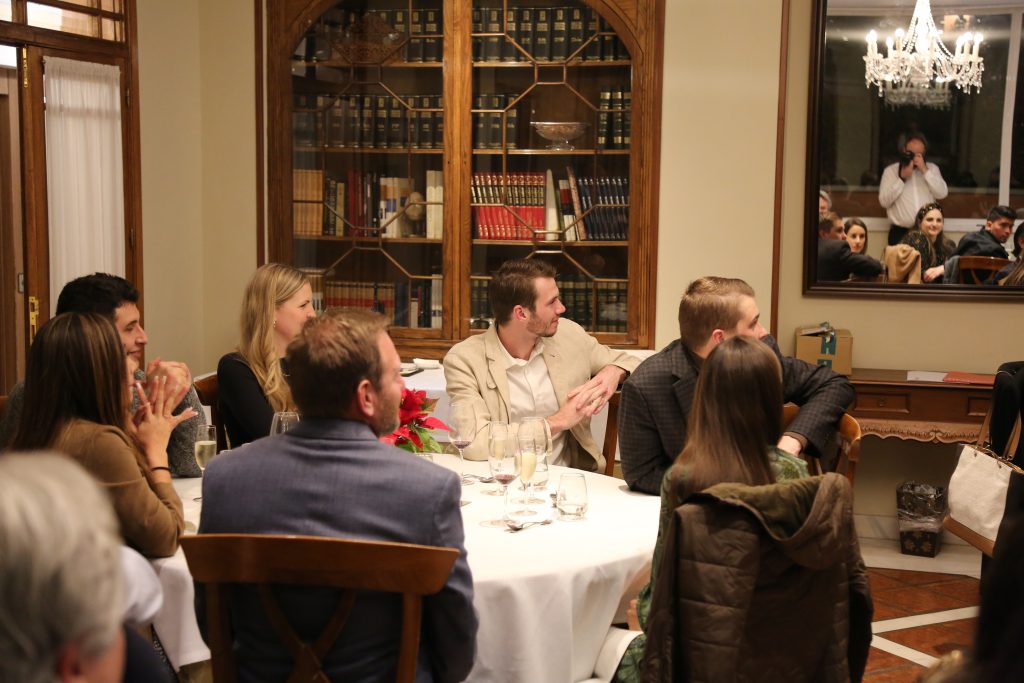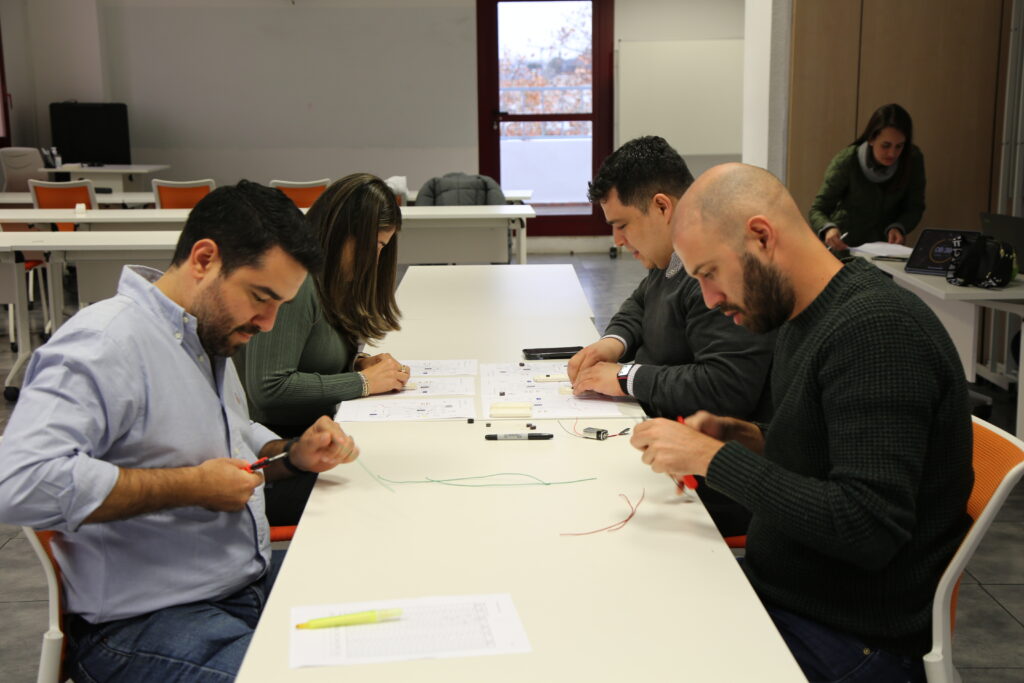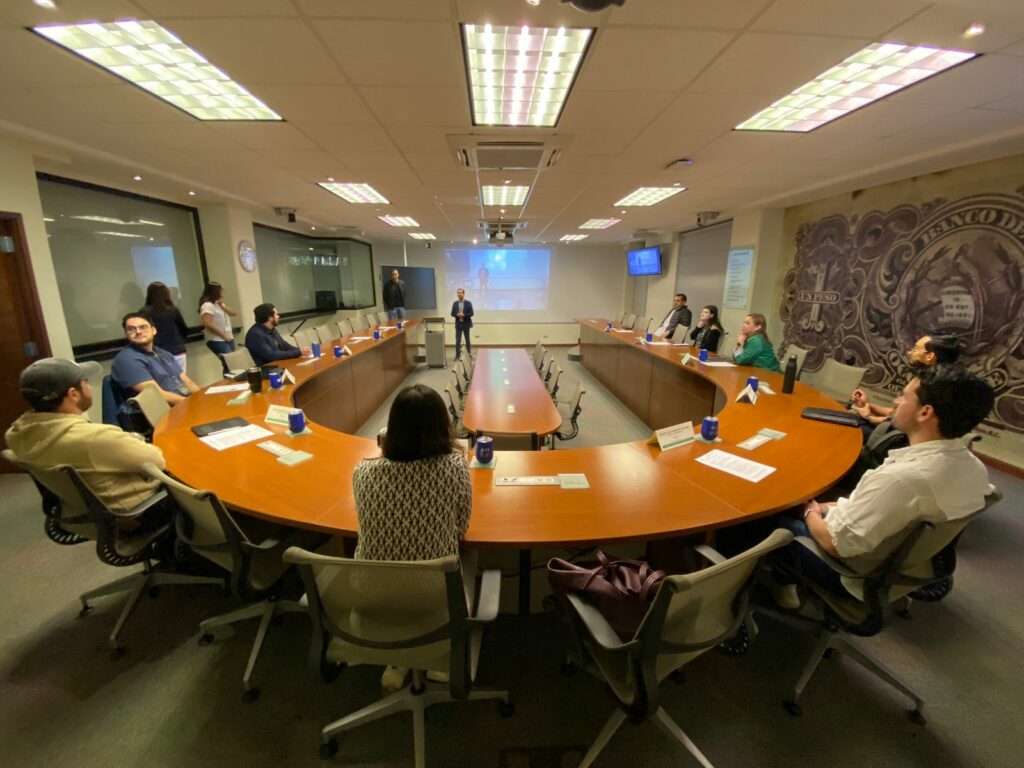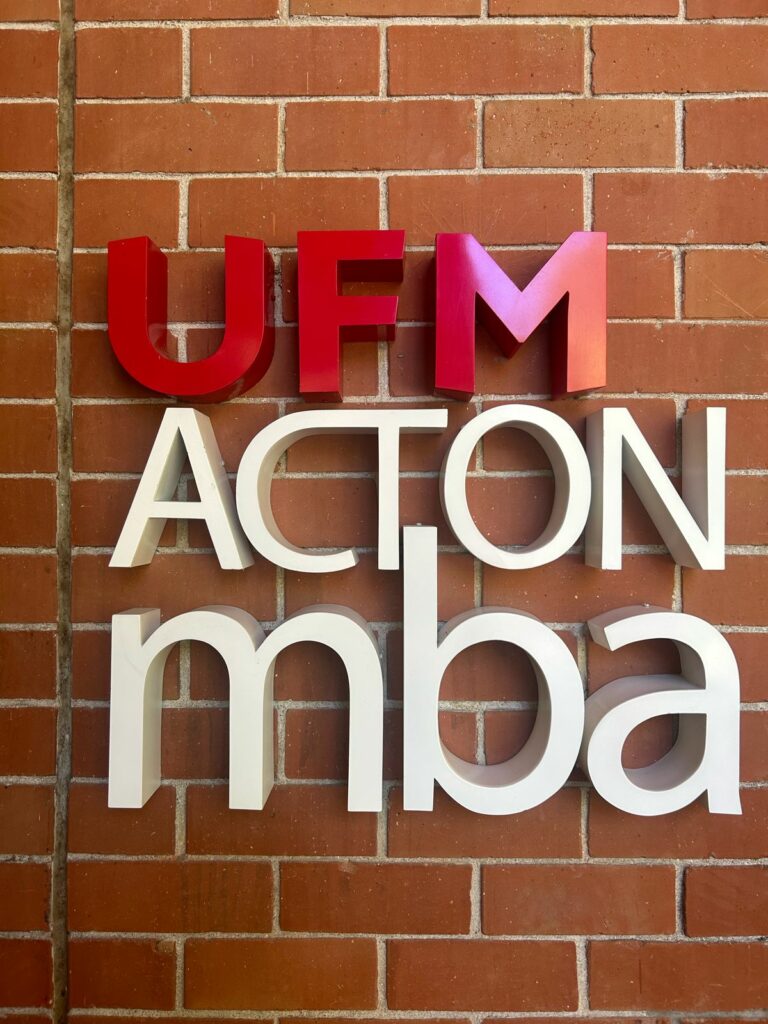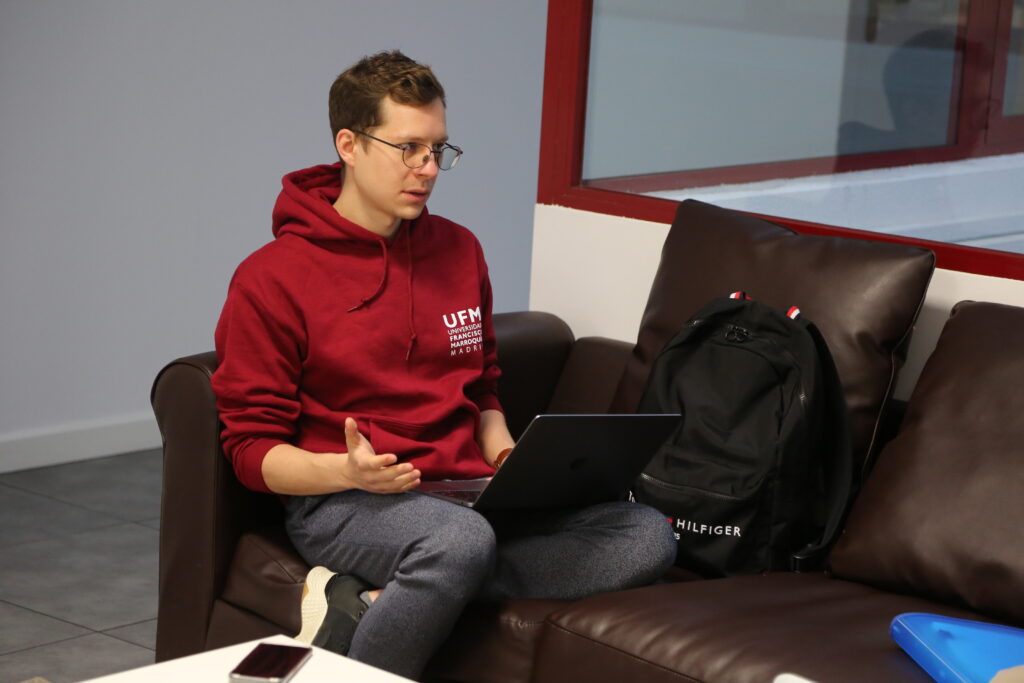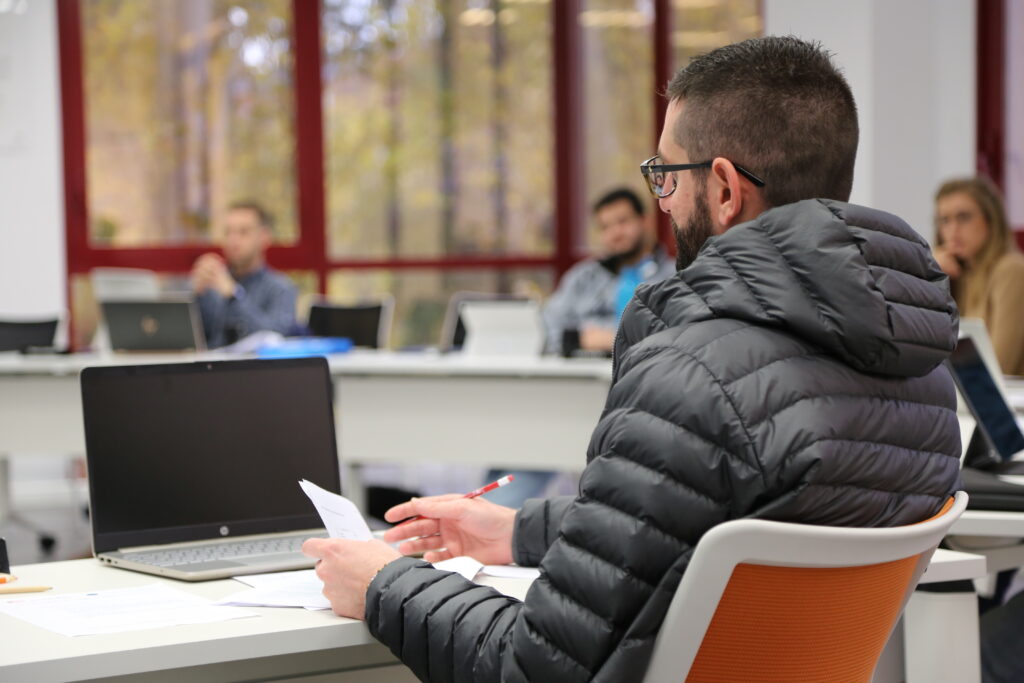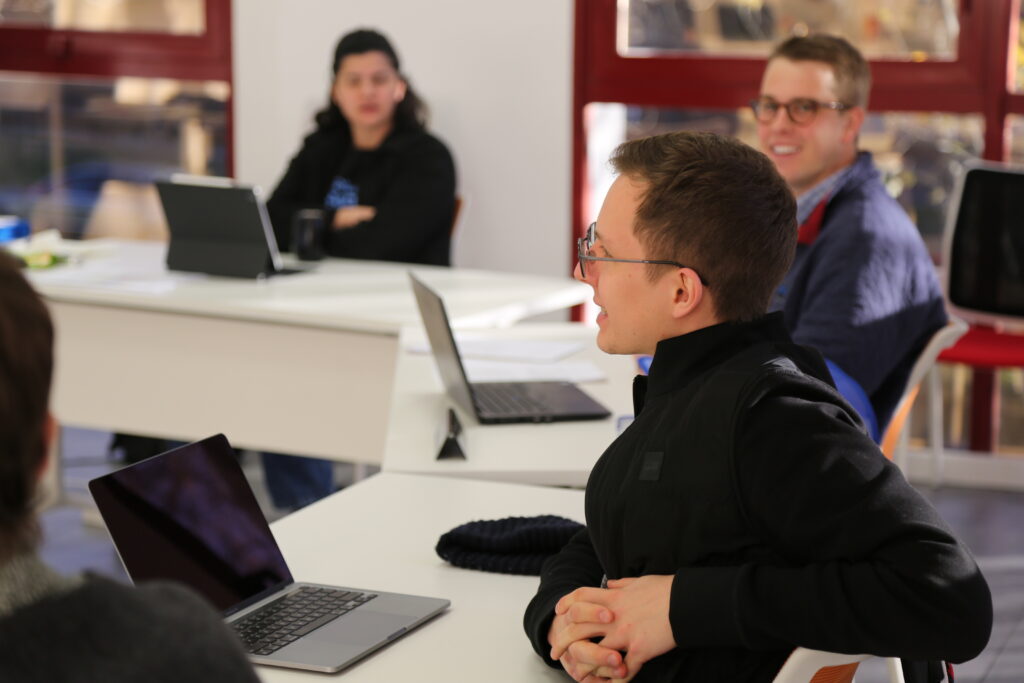Alumni Voices: Real Estate Careers After Acton
“I chose Acton because I wanted to give myself a challenge while really trying to figure out what I wanted to contribute during my life.”
If you get a group of successful entrepreneurs together, odds are that almost all of them have at least a passing interest in real estate. Whether they’re investors, developers, builders, marketers, or other service providers, just about every facet of this broad, asset-focused industry has a strong entrepreneurial bent to it.
At Acton, many of our students arrived with their real estate interests and expertise in tow, while others exploring new career and business options found themselves drawn to it. Our alumni have gone on to work for or become homebuilders, commercial and mixed-use developers, construction firms, contractors, real estate sales organizations, mortgage brokers, and more.
We recently checked in with a few of our alumni who have pursued careers in the real estate industry. They talked with us about why they chose to get their MBA at Acton, what they experienced in the Acton classroom, and offered advice to people considering a career in real estate after graduating from Acton.
The Alumni
Ben Kogut (’11) is a Senior Asset Manager at Colina West Real Estate where he oversees a large portfolio of commercial real estate assets and is currently seeking to invest in more office and retail properties. He also serves as chairman of the board for Citizen Generation, a nonprofit that encourages younger people to get actively engaged in their community, and is a board member for the Sixth Street Association, Men’s Division Cabinet of the Jewish Federation, and the Anti-Defamation League. He earned an undergraduate degree in Government with a Business Foundations minor at the University of Texas at Austin.
Adam Kohler (’11) is director of Business Development for VRW Construction Company in Austin, where he oversees all marketing, lead qualification, sales, and customer retention. Before that he did business development, sales, and project analysis for an offsite modular construction and development company. Prior to enrolling at Acton, Adam earned his undergraduate degree in Architectural Engineering from the University of Texas at Austin.
Cory Older (’12) is managing director of Keller Williams Ventures. In that role, he explores entrepreneurial opportunities within the Keller Williams systems, primarily in ancillary areas that relate to the firm’s core business. He initially joined Keller Williams as controller in 2008. With guidance from Gary Keller himself, Cory took time off from the company to get his MBA at Acton. He holds both a Bachelor and Master of Accounting from the University of Arizona.
On choosing Acton for their MBA
Adam
I chose Acton because I wanted to give myself a challenge while really trying to figure out what I wanted to contribute during my life. While I believe my architectural engineering undergraduate degree opened a lot of doors in my life, I wanted a different experience for my MBA. I felt that Acton would challenge my assumptions more than the other programs I was accepted to. I wasn’t anticipating a career in real estate when I left my job for Acton. I just knew that I wanted to use the problem-solving skills I acquired in engineering and construction to build a business I would be proud of. Real estate and development were a natural fit.
Cory
Gary Keller, the founder of Keller Williams Realty International, first turned me on to the program when I was working as the controller for his company. He had built a very entrepreneurial company and, after sitting in on a class at Acton, I knew the lessons I would learn there would complement the company in a big way. I worked with the management team to allow me to take the time off to attend the program, and I am now trying to implement my knowledge within the company.
Ben
I believed that Acton would be the best bang for the buck. It’s less than a year (I liked that I didn’t have to give up two years), an excellent education, and taught by extremely successful entrepreneurs. I already had an advanced real estate education but wanted a lot more. I was already in the commercial real estate business, but I planned on transitioning from brokerage to investment and development.
On their greatest challenges in the Acton classroom . . .
Adam
Time and priority management proved to be one of the biggest challenges for me. I was one year into being married when I started the program and had to adjust to the demanding schedule very fast. It took a lot of communication between my wife and I, but it absolutely made us stronger. And it instilled in me a sense for where my priorities will always be in life. I was able to push myself to the limit but always save room for my family. That’s proven invaluable as I go through my life after Acton.
Ben
I wasn’t very experienced with Excel and struggled with creating financial models at the beginning of the program. I’m very grateful that I can now confidently utilize Excel for investment analysis, modeling for bankers and investors, as well as tracking property performance with dashboards.
Cory
The greatest challenge was by far the energy commitment. Putting time into something is one thing but putting focused energy into a difficult task for 80 to 100 hours per week is extremely challenging. Acton forced me into a gear I didn’t know I had. I don’t want to use that gear often, but it is good to know it’s there when I need it. The single most valuable experience was the Sales Challenge. There’s nothing quite like being told “No!” more than 250 times in three days. I came out of that experience both humbler and more confident. I still reflect back on it often.
On Acton’s impact on their career and how it prepared them for real estate . . .
Ben
Acton was the perfect transition for my career and there isn’t a day that goes by that I don’t use skills I acquired there. I wear a lot of hats in my job and constantly have to be prepared to speak with bankers, investors, tenants, brokers, vendors, etc. Acton gives you no choice but to rapidly absorb massive amounts of information and then concisely make thoughtful decisions.
Cory
Working through the cases at Acton trained me to constantly think through all the different angles of a business. Who is the customer? Who else would value the product or service? What are the competitive advantages? These questions dominated my thoughts as I worked through cases at Acton. Now I’m leveraging that same thought process to explore profit opportunities outside of traditional brokerage for Keller Williams.
The sale of a home triggers many other related transactions—such as mortgage, title, insurance, moving, and more—and Acton taught me how to think about and approach these related business lines in a meaningful way. I’ve also been working with the management team on competitive research projects. Acton provided me with the framework to attack that competitive research in the right way and provide truly useful answers and insights.
Adam
Acton taught me to push against my resistance and always approach a problem as an opportunity to add a tool to my toolbox. That mindset has made my career roles since Acton into a continuation of learning. I would have never had the confidence or ability to be successful in sales or business development if it was not for the Customers course, Sales Challenges, or the classroom environment at Acton.
Each allowed me to tap into the communication and psychological skills that were dormant after years of the analytical world of engineering. At Acton I realized that I had to develop “soft” skills if I wanted to be successful in the real estate and development world. Ultimately, I feel that Acton provided me with a great complement of skills that I have needed on a daily basis since re-entering the real world.
Advice to current and future Acton students interested in a real estate career . . .
Adam
Pay attention to the details in the Cash and Valuation course. Taking your analysis a step further than your classmates will allow you to get a lot deeper into the critical decisions during your classroom time. Those critical decisions will prove invaluable when considering future investment opportunities. Most importantly, learn from your classmates as much as possible. It’s amazing how many times I’ve used a lesson learned from one of my classmates.
Cory
Real estate is more than an industry. It’s an entire ecosystem. The good news: you can come at the industry from many different approaches—technology, residential sales, commercial sales, franchising, institutional investment, or property management, among others.
The bad news: if you start in the wrong area, switching can mean starting all over from the beginning. So, I’d strongly recommend finding a role model who has already succeeded in the segment where you want to be. Then set a path that will get you similar credentials.
The background of a CEO for a commercial real estate development company is entirely different than the CEO of a residential franchisor. In other words, make sure you are following the right map.
Ben
It really is better to copy genius than create mediocrity. Find a great mentor—or two—who’s successful and do whatever you can to find ways to add value and learn the ropes.
By: Anonymous
